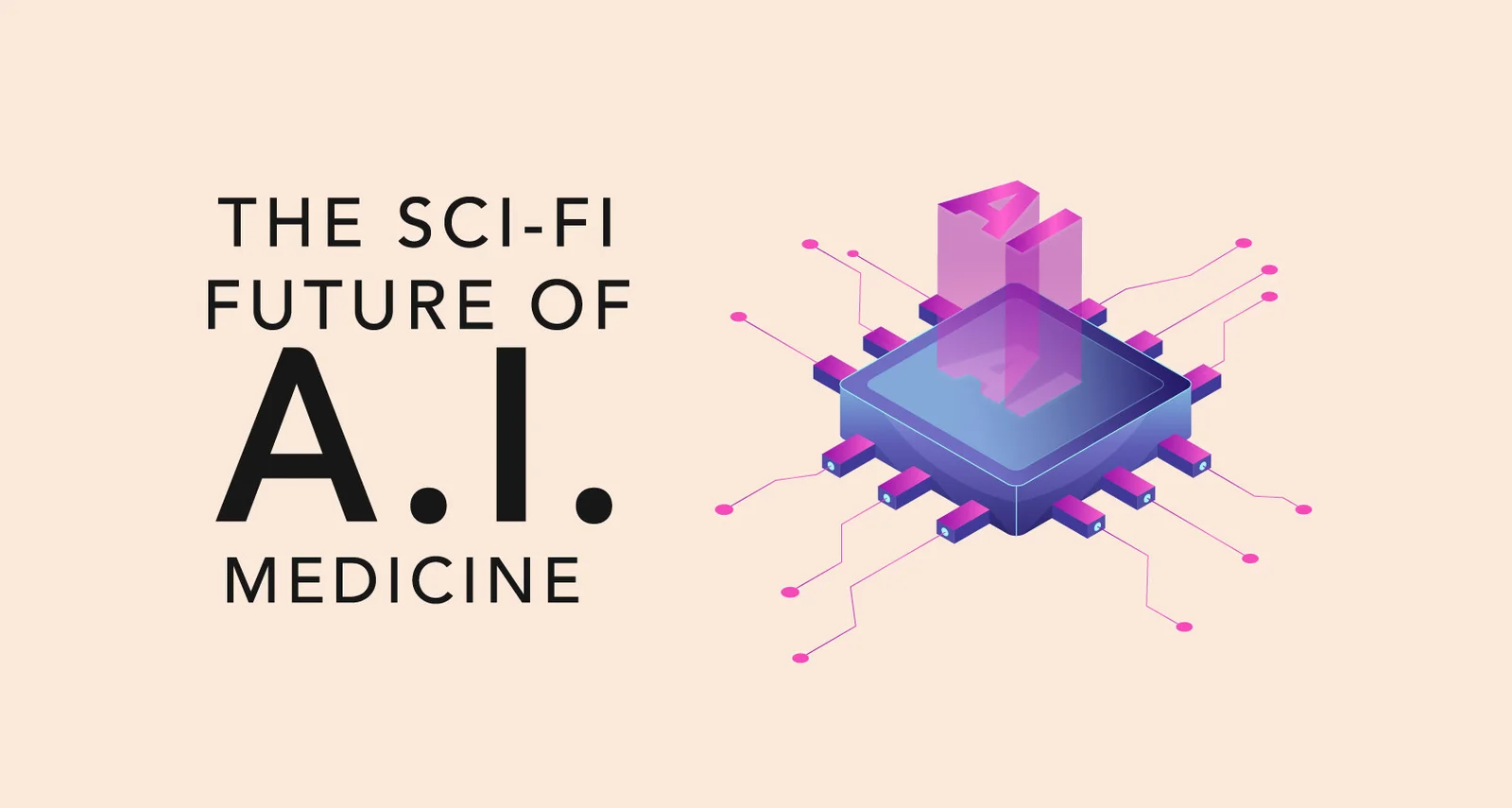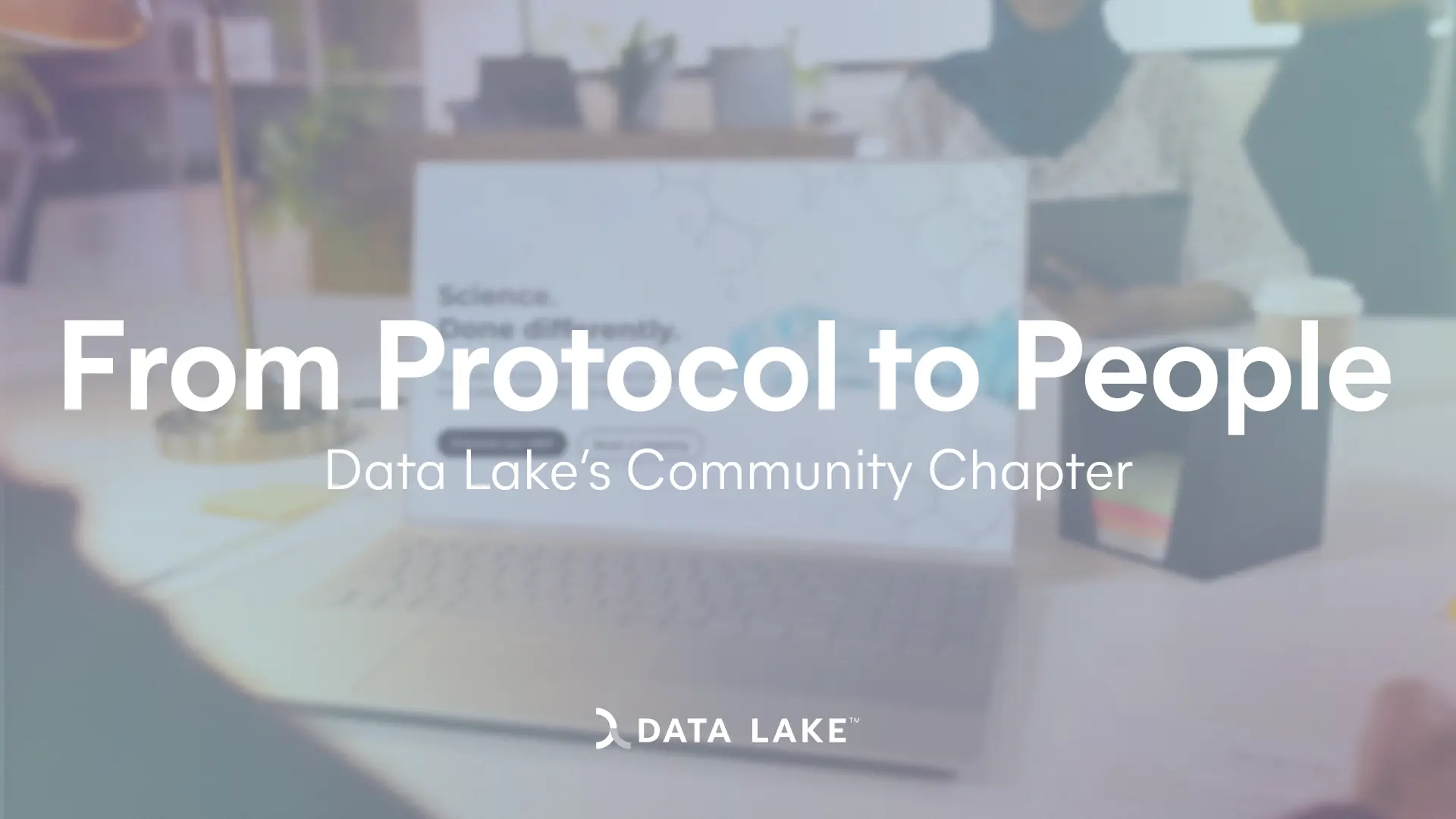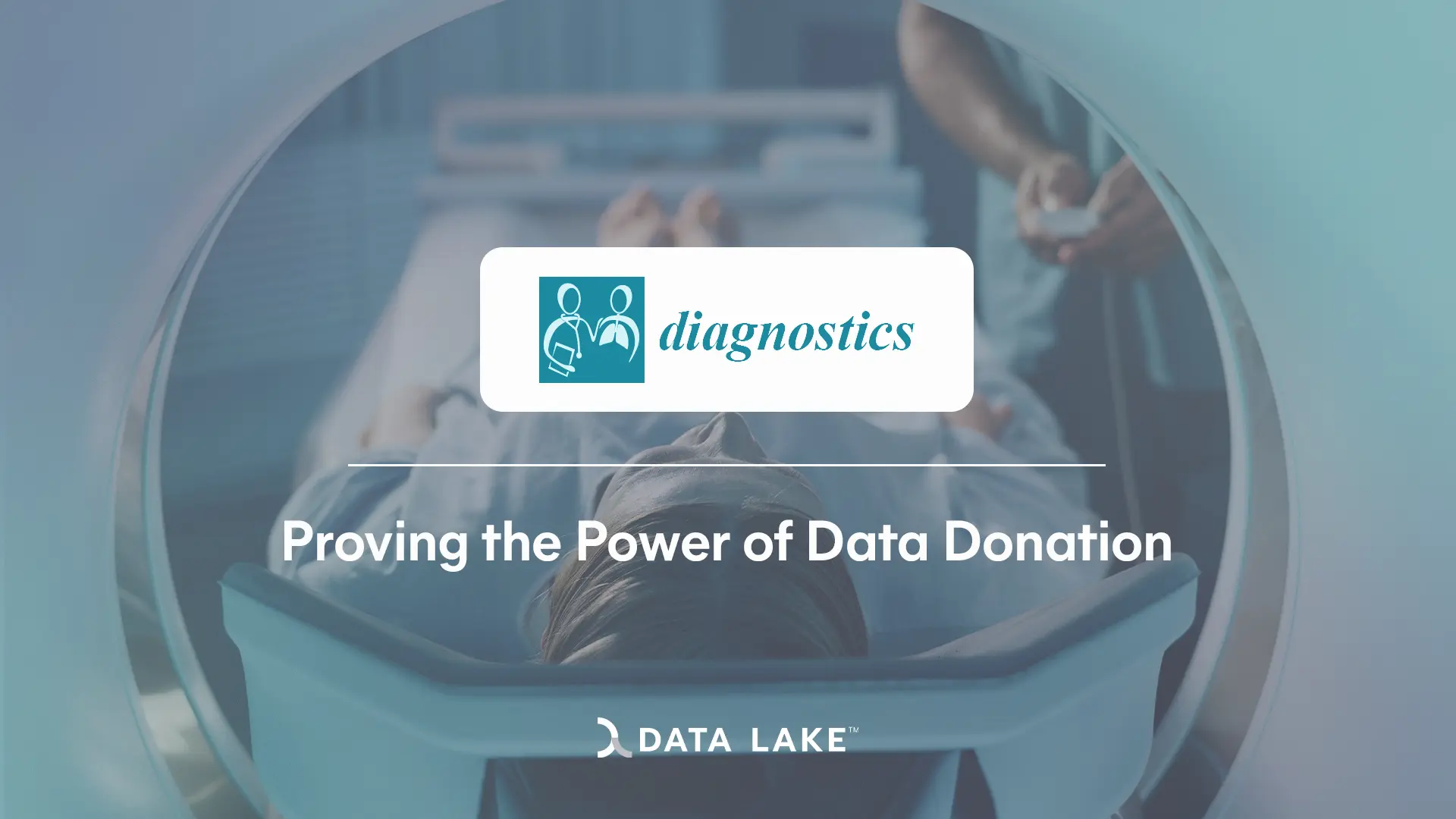For decades, science fiction authors and film directors have imagined and shaped our idea of the future of medicine.
From Blade Runner (1982) to Ghost in the Shell (1995) and The Matrix (1999), a common trope is that when someone is injured they immediately receive a full-body scan, before being accurately diagnosed and then treated back to health by an AI-driven robot or android. Only in the most severe of cases does the artificial doctor say there’s nothing they can do, but normally there is no injury too severe and no surgery too complex for an AI-MD. Any drugs for treatment that are needed are often custom-printed based on the genetic and physiological traits of the patient. It’s no wonder that in our Sci-Fi future, most patients go on to make a full recovery and return to fighting replicants and cybercriminals.
And that future is rapidly becoming a reality.
The future of medicine is AI-driven
Advances in technology – particularly in the field of artificial intelligence – are revolutionizing the way medical diagnoses are made and treatments are personalized.
We believe that diagnosis in the future will be made by AI or maybe even fully robotic doctors, who will rely upon all-body scanning technology and automated blood and lab work to understand exactly what is wrong with their patient. This technology will provide a complete picture of a person’s health, including the internal organs, bones, and tissues, which can help to diagnose problems at an early stage. With immediate access to the patient’s full medical history, on-the-fly biometric data, the patient’s diagnostic data from their examination, and the ability to instantly run algorithms that compare it to billions of other people, the robot doctors of the future will have an incredible arsenal of data-driven tools at their disposal to treat and heal people.
The state of AI/ML in Medicine Today
Returning to the present, new AIs are already being developed in several fields of medicine, including:
Screening – With the ability to analyze large amounts of medical imaging data, machine learning algorithms can already identify patterns and anomalies that may not be immediately obvious to human eyes.
This helps to reduce the risk of human error, improve the speed of diagnosis – which is fundamental for conditions such as cancer, where early detection is critical – and reduce the workload for radiologists and other medical professionals. Furthermore, machine learning algorithms can be used to generate more detailed and accurate images, providing doctors with a clearer view of the patient’s internal organs and tissues, leading to better diagnosis and treatment.
Check our article “AI as a mean to prevent cancer, the need for Medical Data“ for a more in-depth look at the subject.
Drug discovery – Treatment in the future of medicine will also be personalized based on genetics. Artificial intelligence is in fact also already playing a key role in drug discovery and improving patient treatment outcomes. With the ability to analyze vast amounts of medical data, AI algorithms can identify new drug targets, predict how patients will respond to different treatments, and are even starting to develop new drugs based on genetic information. This helps to reduce the risk of side effects, ensuring that patients receive the most effective treatment for their specific conditions.
Drug Printing – Custom drug printing is another exciting development in the world of personalized medicine. Patients can receive individualized treatments tailored specifically to their needs thanks to the ability to print drugs on demand. This can include customized doses, combinations of drugs, and even medications that are not commercially viable on a large scale. This offers numerous benefits over traditional drug manufacturing methods. For example, custom printing can help to reduce the risk of drug shortages and ensure that patients receive the treatments they need, when they need them. Additionally, custom printing can improve the efficiency of the drug development process, speeding up the time it takes to get new drugs to patients.
Monitoring – In addition, AI algorithms are being used to monitor the progress of patients, ensuring that treatments are working as intended. If a patient’s condition changes, AI can analyze their medical data and make adjustments to their treatment plan, leading to better outcomes and improved quality of life. Furthermore, AI can help to reduce the risk of side effects, making treatments safer and more tolerable for patients.
The urgent need for medical data
The list of AI and Machine Learning applications in medicine is varied and growing each day, and in the near future healthcare providers will be able to provide patients with the best possible care by leveraging these technologies, improving their health outcomes and quality of life.
However, not all that glitters is gold, and in order to fully realize these Sci-Fi applications of medicine, access to large and high-quality medical data sets is paramount.
The future of medicine is bright, and AI will play a critical role in achieving better health outcomes for all. Yet it is only by gathering and analyzing large amounts of medical data from a variety of sources that medical researchers and healthcare professionals will be able to build and properly train AI and finally better understand and predict disease patterns. As mentioned, this will improve the timing and accuracy of diagnosis and treatment, and ultimately increase the odds significantly of recovering from nearly any disease or injury.
Reaching our Sci-Fi future is completely dependent on data, and that’s why opening up access to medical data in an ethical way is so important to us at Data Lake.
At Data Lake we have created the first globally-scalable medical data donation system in order for us to achieve next-generation healthcare.
With Data Lake, once a user’s identity is verified they can authorize a transaction on the Polygon blockchain to give consent and power of attorney for accessing their medical data. Alternatively, patients can also sign a dedicated paper form in a hospital that is then digitized. On that basis, Data Lake can source access to medical data from the user’s healthcare providers, anonymize it, and share it with researchers, while compensating both data donors (patients) and hospitals for their part in helping advance medical research.
If you are interested in helping researchers find new treatments and cures for diseases, become a Data Donor at doateyourdata.io!




